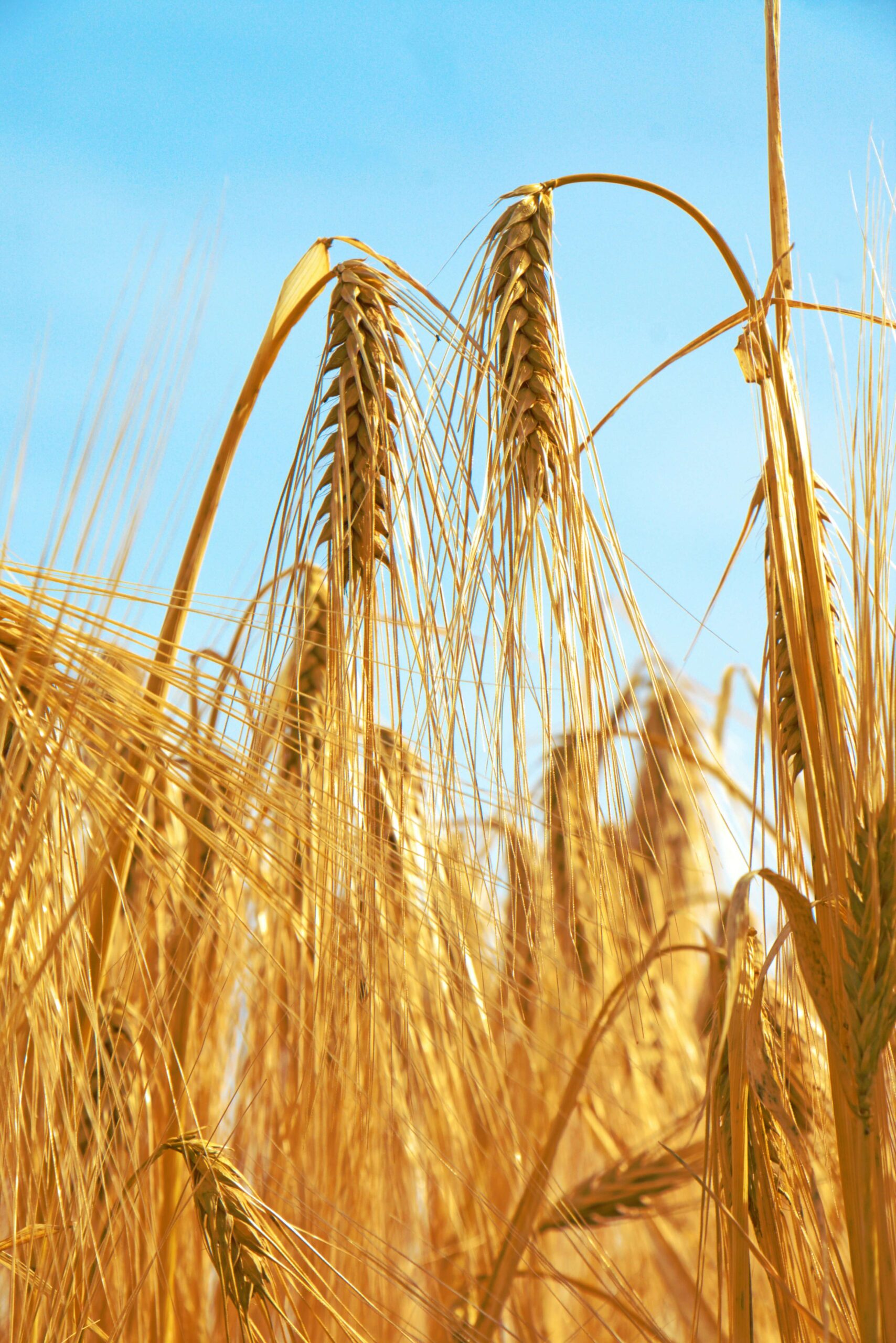
The introduction of digital technologies into agrifood systems involves transforming these systems in response to the growing demands and challenges facing humanity. In this regard, digital transformation entails a series of potential benefits that address the new concerns of global society, including increasing production and resilience, reducing environmental impacts and other negative externalities, improving transparency, facilitating integration and cooperation, and improving living and working conditions in rural areas. Given these benefits, digital technologies will become one of the main tools for climate action and for improving the manner in which agricultural policies are drafted and implemented. On the other hand, however, digital advances could have a negative impact on those who are unable to adapt to the new era and the speed of these changes. Digital transformation requires a series of factors (cybernetic infrastructure, access to technologies, skills to manipulate them, etc.) in which there are considerable gaps; as a result, it could become a contributing factor to inequality, conflict and exclusion.
The digital transformation of agrifood systems has accelerated due to the growing supply of digital solutions and increased digitalization resulting from the COVID-19 pandemic. Therefore, the time is ripe to drive the digital transformation of agrifood systems in order to harness its benefits and mitigate its threats.
Within this context, the Digitalization of Agrifood Systems Program has been created, based on the understanding that digital agriculture is a key element for the dynamic and inclusive transformation of agrifood systems in the Americas. The program’s actions will be aimed at achieving the following objectives:
Team members
Advisory group
Consultants for specific projects
Explore our videos and discover IICA’s impact on agriculture and rural development throughout the region.

Gainesville, USA
February 27, 2026
Key areas of focus include preventing agricultural threats, enhancing safe and nutritious food supply, and other long-term cooperation actions to improve agricultural health and prosperity for farmers and consumers.
Tiempo de lectura: 3mins

Tena, Ecuador
February 26, 2026
In collaboration with the Technical Secretariat of Ecuador’s Special Amazon Territory, the IICA Delegation in the South American country implemented the Innovando Amazonía project, which culminated with the 2026 Napu Marka Expo Fair held in the city of Tena, in the province of Napo.
Tiempo de lectura: 3mins

San José, Costa Rica
February 24, 2026
Set to start on 27 April, the program is a high-impact, challenging and strategic training opportunity designed to build the professional capabilities needed to lead the energy transition based on liquid biofuels.
Tiempo de lectura: 3mins